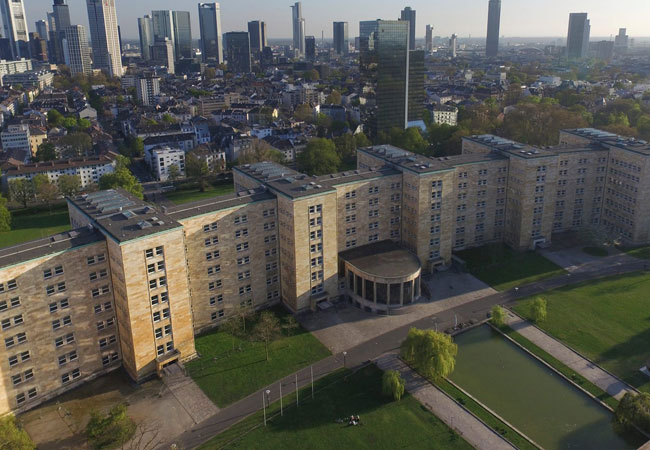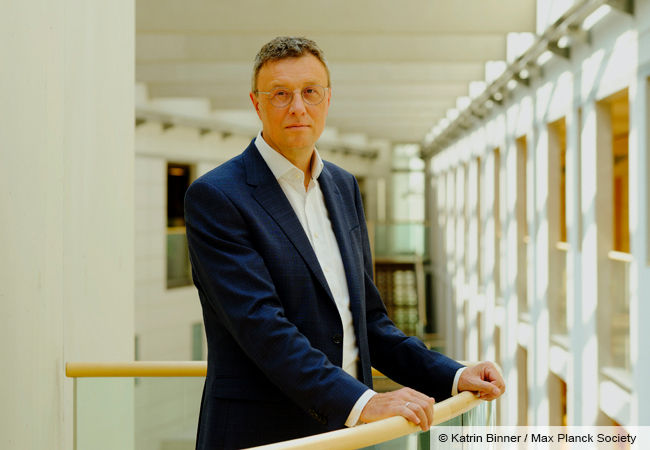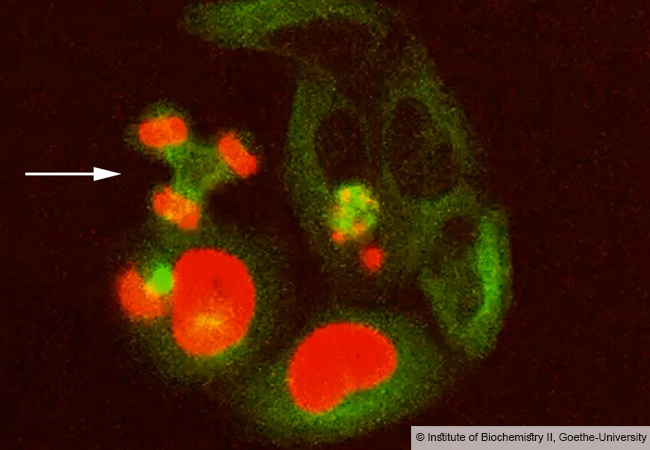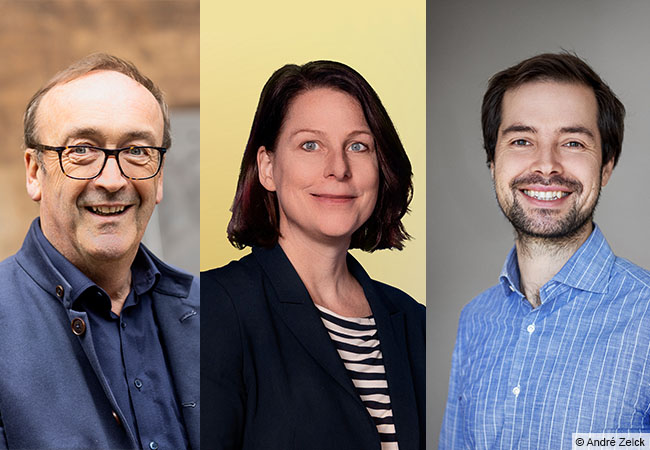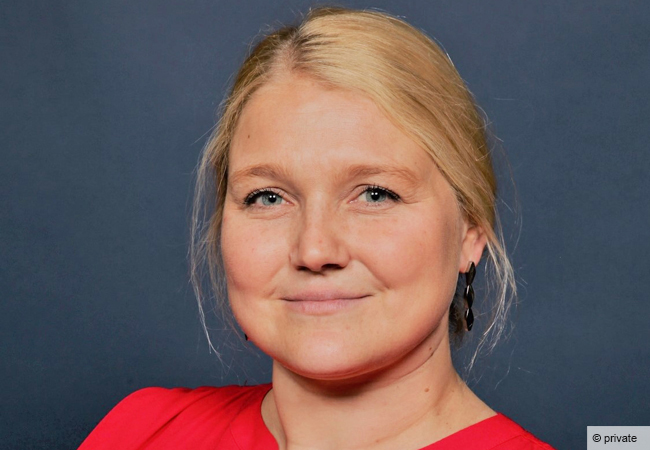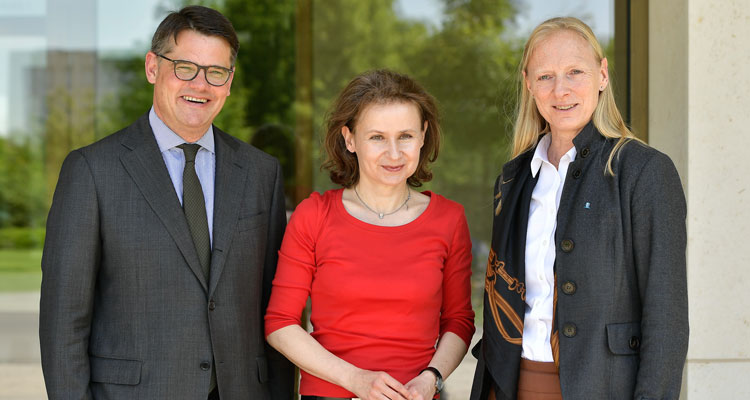
State of Hesse grants funds of about € 525,000 for research against forgetting.
Boris Rhein, Minister for Science and the Arts, today introduced the holder of Germany’s first chair for research on the history and impact of the Holocaust, Professor Sybille Steinbacher, and welcomed her to her new post. Sybille Steinbacher took up office on 1 May as Director of the Fritz Bauer Institute. The position is linked to the new “Chair for Research on the History and Impact of the Holocaust” at Goethe University Frankfurt. The State of Hesse is sponsoring the Fritz Bauer Institute with € 375,100 this year and financing the Holocaust professorship with a further € 150,000, so that a total of € 525,100 of state funds is available for the two entities in 2017.
Boris Rhein, Minister for Science and the Arts: “I am very pleased that all the groundwork has now been completed and Professor Steinbacher can start to breathe life into her new task. The Holocaust professorship is a milestone along the path to a better understanding of National Socialist crimes and the history of their impact up to the present day. This joint appointment by Goethe University Frankfurt and the Fritz Bauer Institute will also further enhance the integration of university and institute-based research. I wish Professor Steinbacher every success in her work.”
Professor Steinbacher is a renowned expert in the field of Holocaust research as documented by many pertinent research papers. She already dealt with persecution and extermination policies in the National Socialist state and societal reactions to it in her Master’s thesis at LMU Munich. Her dissertation entitled “‘Model Town’ Auschwitz. Germanisation Policy and Murder of Jews in East Upper Silesia”, which she submitted at Ruhr University Bochum, later formed the basis for an internationally much acclaimed standard reference work on the subject, which was translated into numerous languages.
Professor Birgitta Wolff, President of Goethe University Frankfurt: “It is a great joy to us that we have succeeded in bringing Sybille Steinbacher to Goethe University. A type of Holocaust research such as we see it in Frankfurt can help not only to understand better the genocide of the Jews in the National Socialist era. It is equally important that the right lessons are drawn from it for the present and the future. Sybille Steinbacher’s research is highly topical in view, for example, of the fact that racially and ethnically motivated exclusion and discrimination seem at the moment to becoming socially acceptable again all around the world.”
Professor Sybille Steinbacher, Chair of Research on the History and Impact of the Holocaust and Director of the Fritz Bauer Institute: “The creation of this chair is a special event in the some 20-year history of the Fritz Bauer Institute. It signifies an affirmation and upgrading of its work, which is committed to a dual task: communication and research. Through this chair, research will in future be strengthened and the Institute and Goethe University more closely interlocked. I consider the fact that there is now a professorship in Germany with this special title to be an important achievement in terms of science and research policy. I will be tackling my new tasks with great vigour and creative drive.”
Sybille Steinbacher was already visiting professor at Goethe University Frankfurt for the history and impact of the Holocaust in 2010 in conjunction with the Fritz Bauer Institute, following which she was professor for Comparative Dictatorship, Violence and Genocide Studies at the University of Vienna. She has been Project Manager of the Dachau Symposium on Contemporary History since 2012. She is a member of several scientific bodies, including the international advisory board of the Richard Koebner Minerva Centre for German History at the Hebrew University of Jerusalem.
“The Fritz Bauer Institute is an education and research facility of highest international standing and its outreach goes far beyond the borders of Hesse. Above all the confrontation with the ethical and moral justification structures of the Holocaust up to the present day makes the research so unique and important. Especially in the land of the perpetrators there must be no forgetting. The linking of the new Holocaust professorship with the directorship of the Fritz Bauer Institute is thus a unique opportunity that we are using to give as great a boost as possible to the subject’s scientific reappraisal”, explained Boris Rhein, Minister for Science and the Arts.
Source: Press Release 24/05/17



